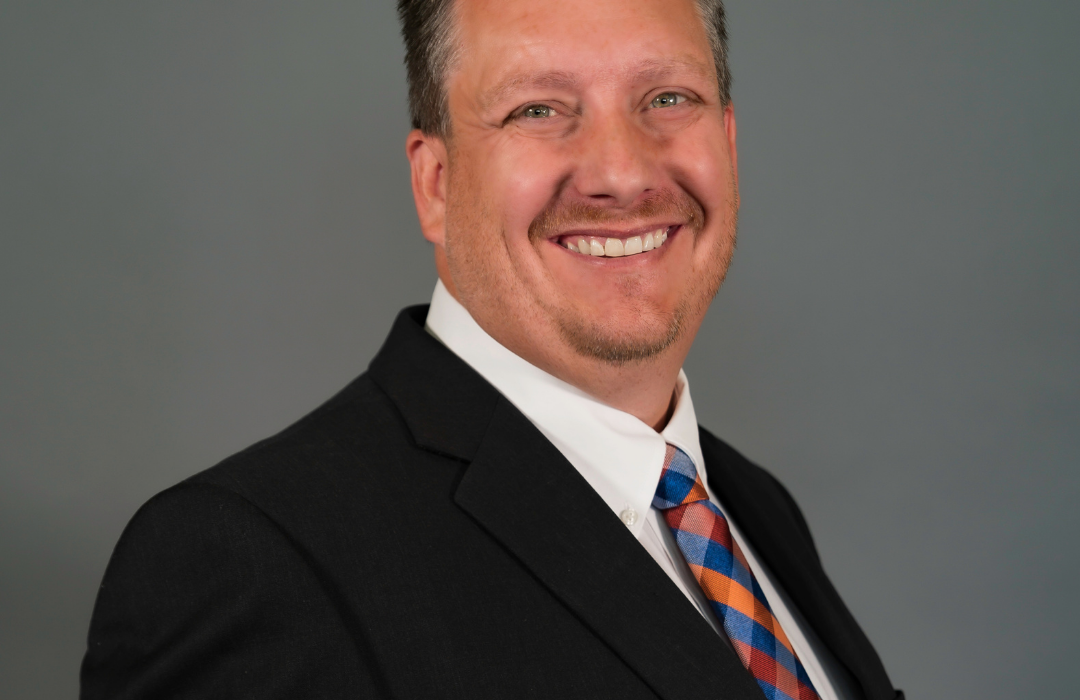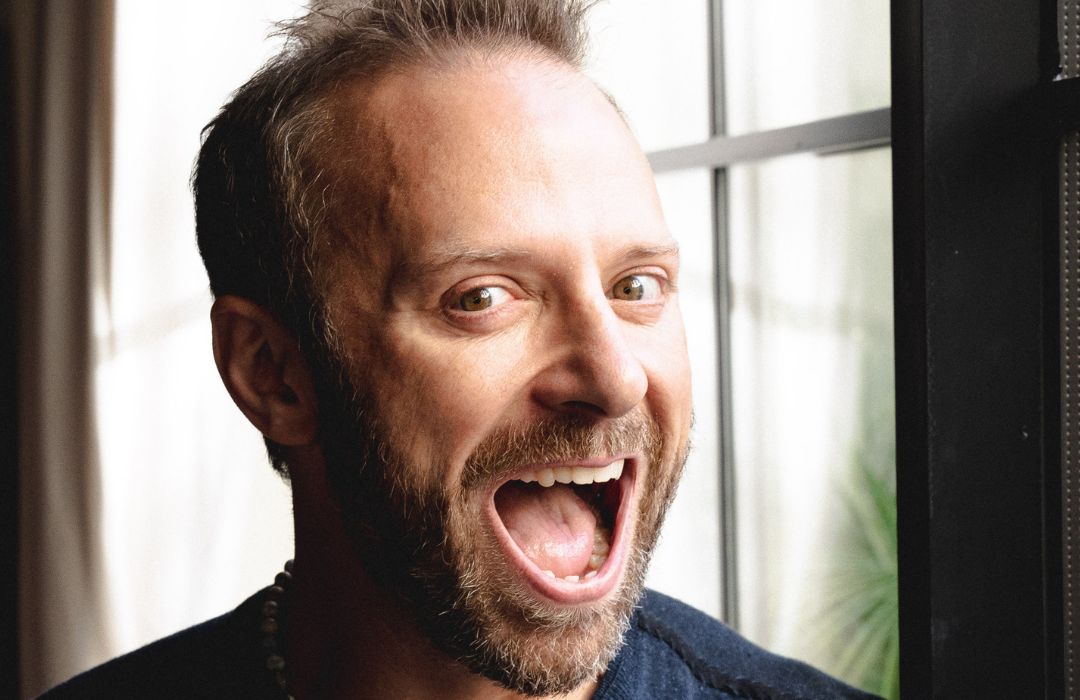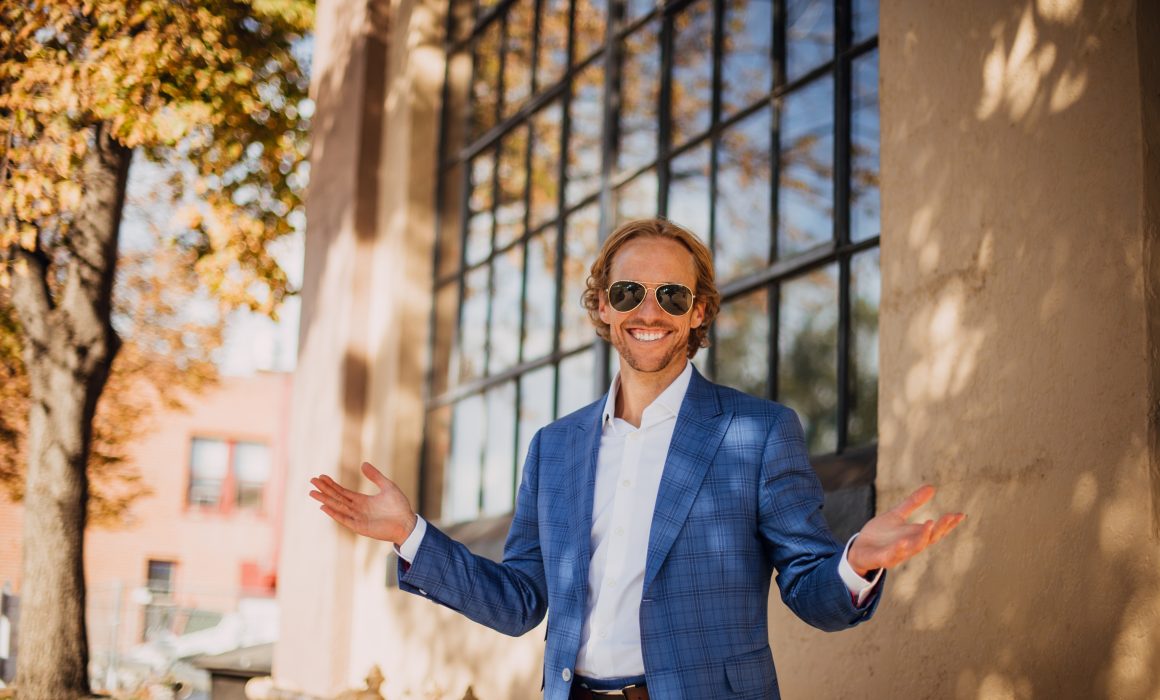EP 253 – How To Align Your Purpose And Your Profession with Billy Huard
Billy Huard is a former NHL hockey player turned entrepreneur. Billy’s journey from crowd-favorite fighter to embittered retired player to successful entrepreneur offers an unprecedented deep dive into the extreme highs and lows of life as a professional athlete.





